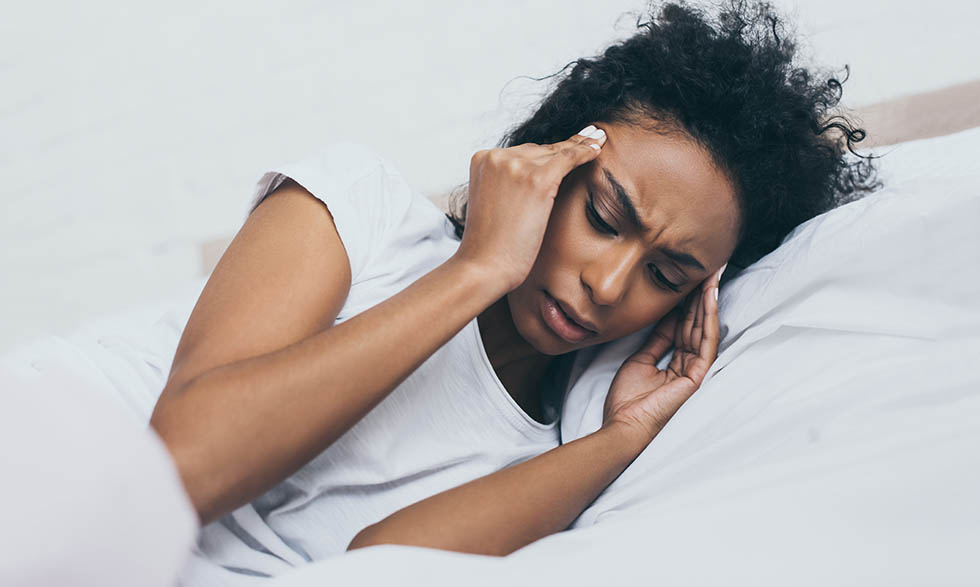Health Topics

Migraines: What you need to know
Women are three times more likely to suffer from migraines than men
Migraines are more than just a headache.
They can sometimes cause vomiting, exhaustion, irritability, and intense pain that can make it hard to do daily activities.
"Before a migraine, you might get hit with a wave of fatigue or yawning," says Linda Porter, Ph.D., of the National Institute of Neurological Disorders and Stroke. "After the pain and severity goes away, people can have fatigue, brain fog, or high sensitivity to light."
In addition to a painful headache that often happens on one side of the head, other symptoms include mood changes, food cravings, nausea, and aura. Aura creates flashing, bright lights or "zigzags" in your field of vision. These additional symptoms and aura usually happen prior to a headache and can often suggest to migraine sufferers that the headache is on the way.
Who gets migraines?
Women are three times more likely to suffer from migraines than men. Hormonal changes, like menstrual cycles or pregnancy, can often lead to migraines. Most women see improvement after menopause. Children can also get migraines.
Causes
Migraine triggers differ widely from person to person.
These include stress, hormone changes, sleep cycle changes, dehydration, loud sounds, strong smells, sudden changes in environment, and tobacco or caffeine use. However, caffeine withdrawal can also cause migraines.
Additionally, certain foods—like alcohol, chocolate, cheese, and yeast—can cause migraines, especially when combined with other triggers.
How they're treated
In addition to rest, certain prescription drugs and over-the-counter oral medicines like ibuprofen, aspirin, or acetaminophen can help relieve pain and restore function. Other medicines, which are often taken daily, can help prevent migraines







